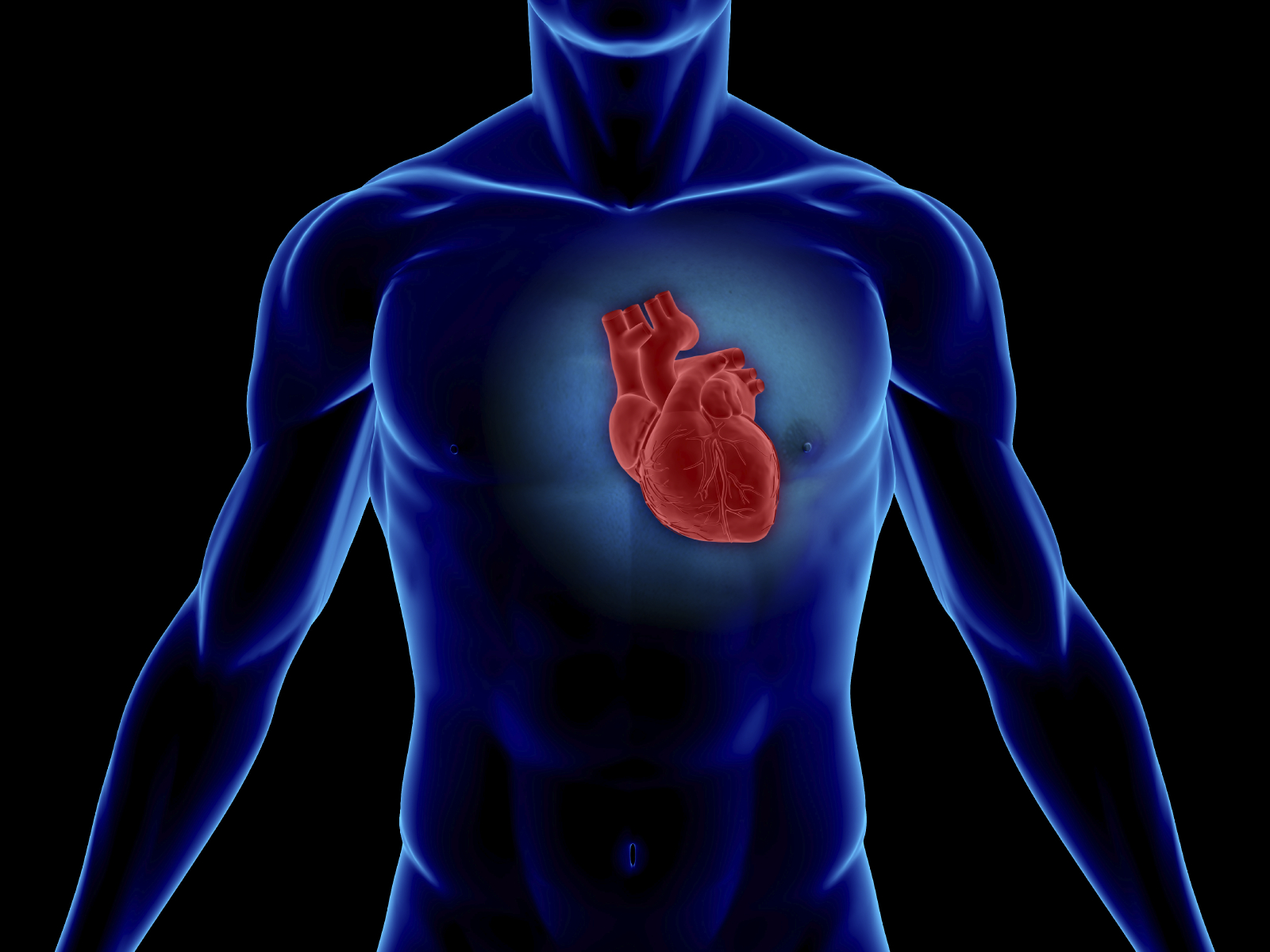Queen’s University scientists find a protein which can improve repair of damaged blood vessels
Cells produced in the human body could be used to heal damaged blood vessels according to new research at Queen's University Belfast, which has recently been published in the journal, Cardiovascular Research.

The research funded by British Heart Foundation NI offers hope to people living with heart and circulatory diseases.
Researchers at Queen’s University Belfast have found that increasing levels of a protein known as NOX4 in a specific type of blood cell can increase the formation of new blood vessels. This process could be used to treat many conditions associated with decreased blood delivery in key organs, including heart failure following a heart attack, diabetes, peripheral arterial disease and some types of stroke.
Professor David Grieve and Dr Karla O’Neill, who are both based at the Wellcome-Wolfson Institute for Experimental Medicine, led the research project. They made the discovery using cells obtained from donated umbilical cords. Dr O’Neill artificially increased the levels of NOX4 protein in these cells and found that this markedly increased the number of blood vessels in tissue with poor blood flow and restored a normal delivery of oxygen-enriched blood.
Dr O'Neill said: “Blood vessels are a critical component of the circulatory system supplying blood containing oxygen and nutrients to vital organs such as the heart and brain. Growing and repairing these vessels is a major goal in treating heart and circulatory diseases.
“This study has provided evidence that increasing levels of the important NOX4 protein in blood vessel cells can improve the efficiency of blood vessel formation by increasing important cellular processes. This finding could pave the way for new discoveries in regenerative medicine and allow scientists in the future to grow new functional blood vessels and repair those that are damaged in many forms of heart and circulatory diseases.”
Head of BHF NI Fearghal McKinney said: “Heart and circulatory diseases cause a quarter of all deaths in Northern Ireland, or around 4,100 deaths each year. That’s an average of 11 families who lose a loved one each day.
“We are delighted that our grant which was awarded to Professor David Grieve and his team, which includes Dr. O’Neill allowed them to make such an important discovery. We can only fund research like this with donations from the public. As part of our new strategy, we plan to increase BHF-funded research projects like this one that could improve the lives of the thousands of people living with heart and circulatory diseases in Northern Ireland.”
BHF NI is currently investing £1m in research at Queen’s University Belfast into a range of research projects including investigating the development of heart failure and repairing the heart after a heart attack.
Media
Media
Media enquiries to Communications Office comms.officer@qub.ac.uk or +44 28 9097 5292.
